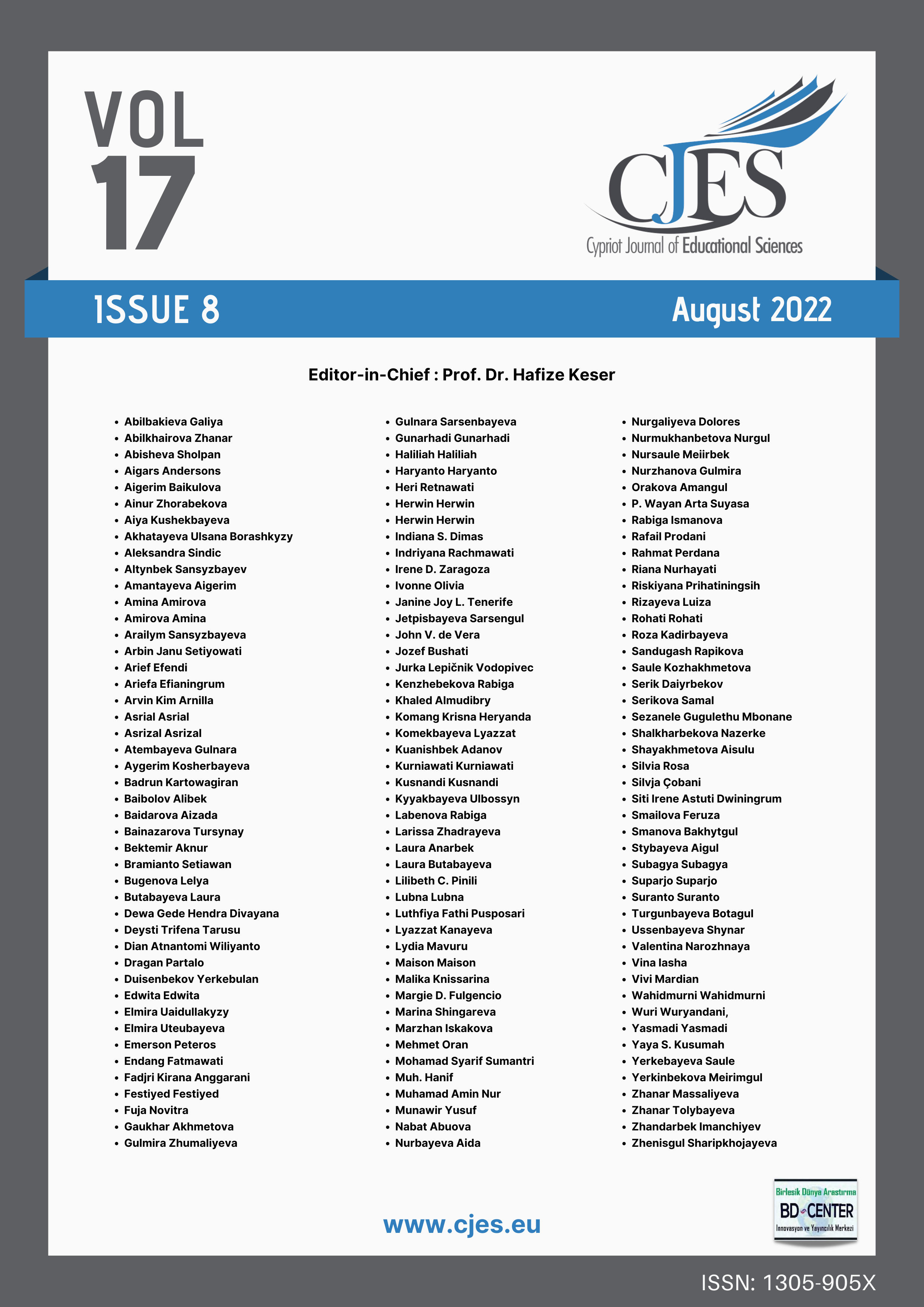The development of analytical rubrics: An avenue to assess students' mathematical reasoning behavior
Main Article Content
Abstract
A rubric is a logical set of criteria that teachers can use to evaluate students to determine criteria for obtaining complex competencies. Therefore, this study was conducted to develop a rubric and assess its effectiveness in evaluating students' mathematical reasoning behavior when solving mathematical problems. This rubric was developed based on four stages: reflecting, listing, grouping, and applying using generic model research design in education. Furthermore, the meta-rubric and expert input results are applied to improve its quality. The results showed that the rubric developed was able to consistently provide more feedback and provide teachers with additional opportunities to optimally assess the mathematical reasoning behavior of the students. This study recommends that there be further studies on the ability of teachers to understand students' mathematical reasoning levels to help students progress from the lowest level of reasoning to the highest level. In the end, students have creative mathematical reasoning abilities.
Keywords: Analytical Rubric, Behavior, Development, Mathematical Reasoning, Meta-Reasoning
Downloads
Article Details

This work is licensed under a Creative Commons Attribution 4.0 International License.
Cypriot Journal of Educational Sciences is an Open Access Journal. The copyright holder is the author/s. Licensee Birlesik Dunya Yenilik Arastirma ve Yayincilik Merkezi, North Nicosia, Cyprus. All articles can be downloaded free of charge. Articles published in the Journal are Open-Access articles distributed under a CC-BY license [Attribution 4.0 International (CC BY 4.0)].
Birlesik Dunya Yenilik Arastirma ve Yayincilik Merkezi (BD-Center)is a gold open-access publisher. At the point of publication, all articles from our portfolio of journals are immediately and permanently accessible online free of charge. BD-Center articles are published under the CC-BY license [Attribution 4.0 International (CC BY 4.0)], which permits unrestricted use, distribution, and reproduction in any medium, provided the original authors and the source are credited.

